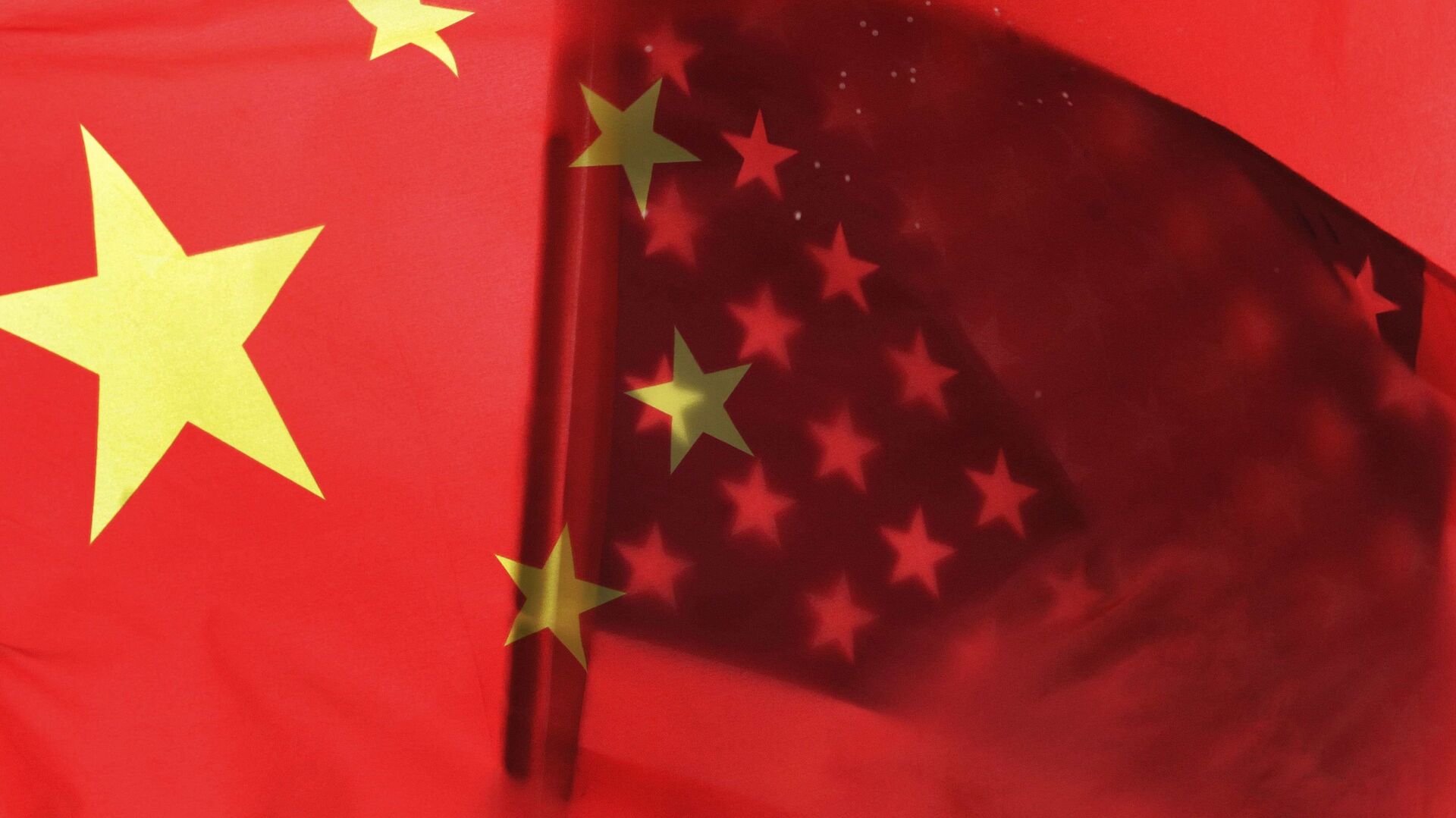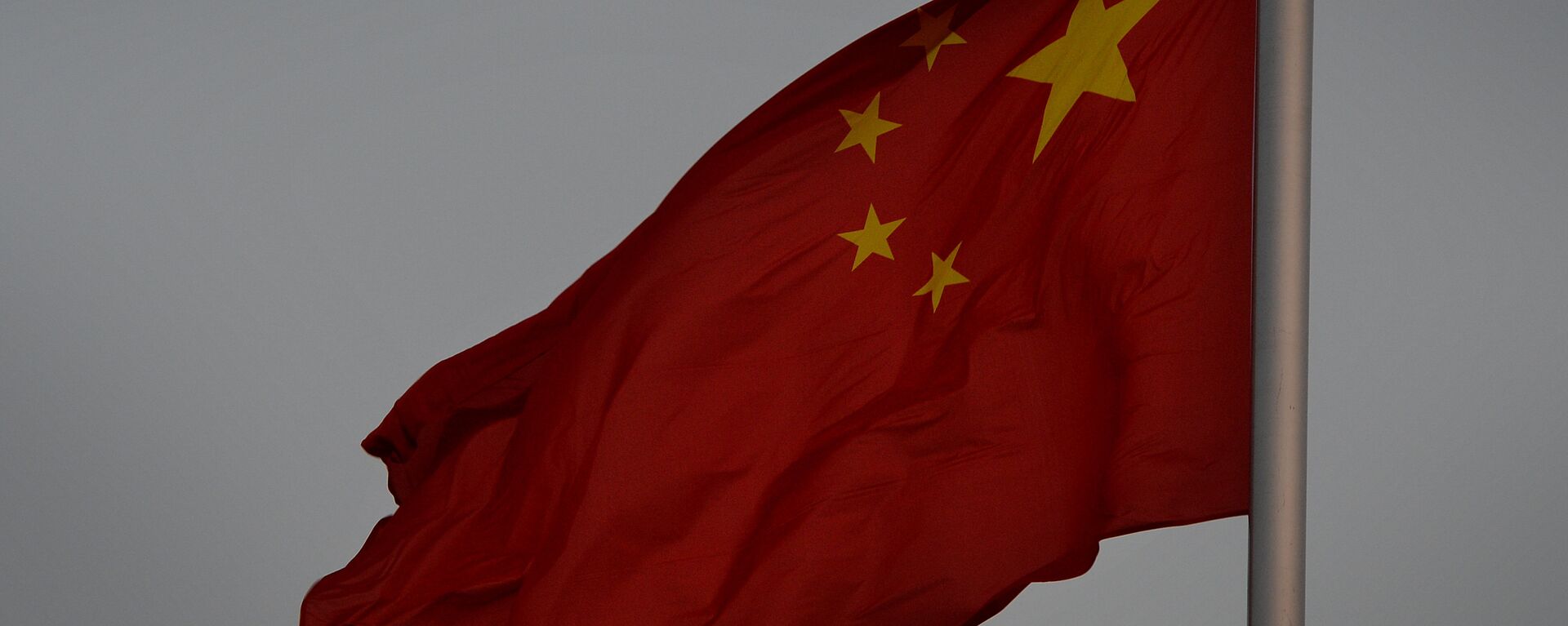Beijing-Washington Ties Poisoned by ‘Chinaphobia’, Foreign Minister Says
17:05 GMT 09.07.2022 (Updated: 17:08 GMT 09.07.2022)

© AP Photo / Charles Dharapak
Subscribe
Tensions between the US and China began escalating dramatically in the late 2010s, after President Trump kicked off a massive trade war with the Asian nation. The strain has been exacerbated by Joe Biden, who has repeatedly pledged to “defend Taiwan,” and continued his predecessor’s policy of trying to hem China in in the Asia Pacific.
China-US ties are at risk of being poisoned by Washington’s “growing Chinaphobia,” Chinese Foreign Minister Wang Yi has indicated.
“The relationship, its historical narrative, has been distorted, its current development is being hijacked by ‘political correctness’, and it faces the risk of being further led astray from the right direction,” a Chinese Foreign Ministry summary of Wang’s remarks from his talks with US Secretary of State Antony Blinken on the sidelines of the G20 foreign ministers’ meeting in Bali on Saturday indicated.
Wang told his American counterpart that tensions in the China-US relationship are caused by Washington’s “misperception of China.”
“The self-contradictions and say-do gap in the US policy toward China reflect serious miscalibration of its views on the world, on China, on China-US relations, and on interests and competition. Many people thus argue that the United States is taking on growing Chinaphobia. If such threat inflation continues unchecked, the United States’ China policy will only lead to a dead end that offers no way out,” Wang warned.
Beijing, Wang said, has acted to implement the three-pronged approach put forward by President Xi Jinping to improve ties, including mutual respect, peaceful coexistence and ‘win-win cooperation’.
The foreign minister asked the US to “respect the Chinese people’s choice of socialism with Chinese characteristics,” and demanded that Washington “stop smearing and attacking China’s political system and domestic and foreign policies.”
Wang urged Washington to abandon its “Cold War mentality,” lift trade restrictions, stop attempts to form exclusive alliances, stop “hollowing out or distorting the one-China policy” via “salami slicing” tactics vis-à-vis Taiwan, and to “refrain from playing the ‘Taiwan card’ to obstruct China’s peaceful reunification” by sending “any wrong signal to ‘Taiwan independence’ forces.”
The minister “also refuted the United States’ erroneous views on Xinjiang, Hong Kong and maritime issues,” according to the Foreign Ministry.
Blinken was said to have assured China that the US was not looking to start a Cold War, to change China’s political system or support Taiwanese “independence.”
In a brief press statement ahead of his talks with Wang, Blinken said there was “a lot to talk about” in “a relationship as complex and consequential as the one between the United States and China,” and said he was “very much…looking forward to a productive and constructive conversation.”
The cordial China-US relationship established in the 1970s and 1980s began to slip in the early 2010s, after Secretary of State Hillary Clinton announced that the US has “national interests” in the South China Sea and the Pentagon began deploying warships and aircraft on “freedom of navigation” missions to sea areas claimed by Beijing. Ties began to degenerate more dramatically over the past five years, particularly after President Trump’s launch of a technology and trade war with the People’s Republic worth hundreds of billions of dollars. President Biden poured gasoline on tensions during his one-and-a-half years in office by saying repeatedly that the US would come to Taiwan’s defense in the event of a Chinese “invasion.”
Last year, the Pentagon dubbed China as a “pacing threat” to the US and its allies. This week, the FBI and the MI5 issued a joint statement declaring the People’s Republic to be the “biggest long-term threat to economic security,” and accused China of seeking to “steal” Western technology, “undercut” the West’s businesses and “dominate” markets. Beijing blasted the intelligence agencies, saying the “facts” show that “the US is the biggest threat to world peace and development” and accusing the FBI and MI5 of “spreading lies.”


